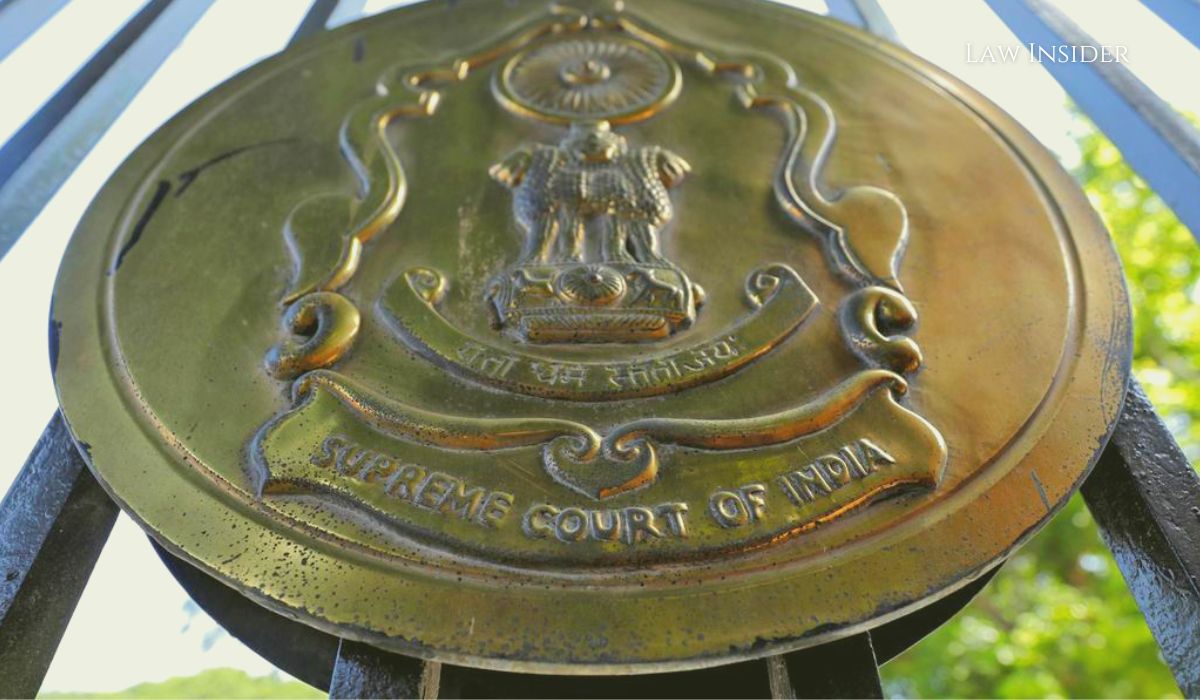Prerna Gala
Published on: September 19, 2022 at 20:34 IST
In a recent case [Ghanashyam Mishra and Sons Pvt Ltd vs. Edelweiss Asset Reconstruction Company Limited & Ors.], the Supreme Court decided against the practise of trying to review its decisions through Miscellaneous Applications (MA) filed in the name of seeking revisions and clarifications.
Two entities were hit with costs of Rs. 10 lakh in expenses after a bench of Justices BR Gavai and PS Narasimha noted that they had requested judicial review of an April 2021 decision through their MAs.
“We find that there is a growing tendency of indirectly seeking review of the orders of this Court by filing applications either seeking modification or clarification of the orders passed by this Court. In our view, such applications are a total abuse of process of law.”
“The valuable time of Court is spent in deciding such applications which time would otherwise be utilized for attending litigations of the litigants who are waiting in the corridors of justice for decades together,” the order stated.
The Supreme Court Advocates-on-Record Association Welfare Fund and the Supreme Court Bar Association Advocates Welfare Fund were to receive the expenses assessed against the two petitioners.
In Ghanashyam Mishra and Sons Private Limited vs. Edelweiss Asset Reconstruction Company (EARC) Limited, the initial respondent had submitted the first MA.
The Supreme Court had ruled as follows in that case:
- The claims specified in a resolution plan that has been properly approved by the adjudicating authority in accordance with Section 31 will stand frozen and be binding on all creditors, including statutory authorities, workers, and guarantors;
- Claims that are not included in the resolution plan become void as of the day the resolution plan was approved by the adjudicating authority, and no one is permitted to start or continue any legal action over such claims;
- The Insolvency and Bankruptcy Code (IBC) has undergone a clarification and declaratory revision, with effect as of the IBC’s enforcement date;
- If not included in the resolution plan, all obligations, including statutory ones, owed to the Union, the State, and local authorities are discharged, and no further legal action can be taken to collect those obligations for the time period prior to the date the Adjudicating Authority grants its approval under Section 31.
After claiming that it had been “arbitrarily and unjustly wiped out” by the Resolution Plan, the EARC then moved an MA for clarification about the issue of the security of the promise of shares.
Additionally, it called attention to the use of the same and pleaded for the deletion of the National Company Law Tribunal’s 2019 observations in this regard, as well as a directive to the National Company Law Appellate Tribunal not to let the NCLT order affect its decision-making when hearing the review.
Adhunik Power and Natural Resources Limited submitted the second MA/intervention application in support of EARC’s MA.

